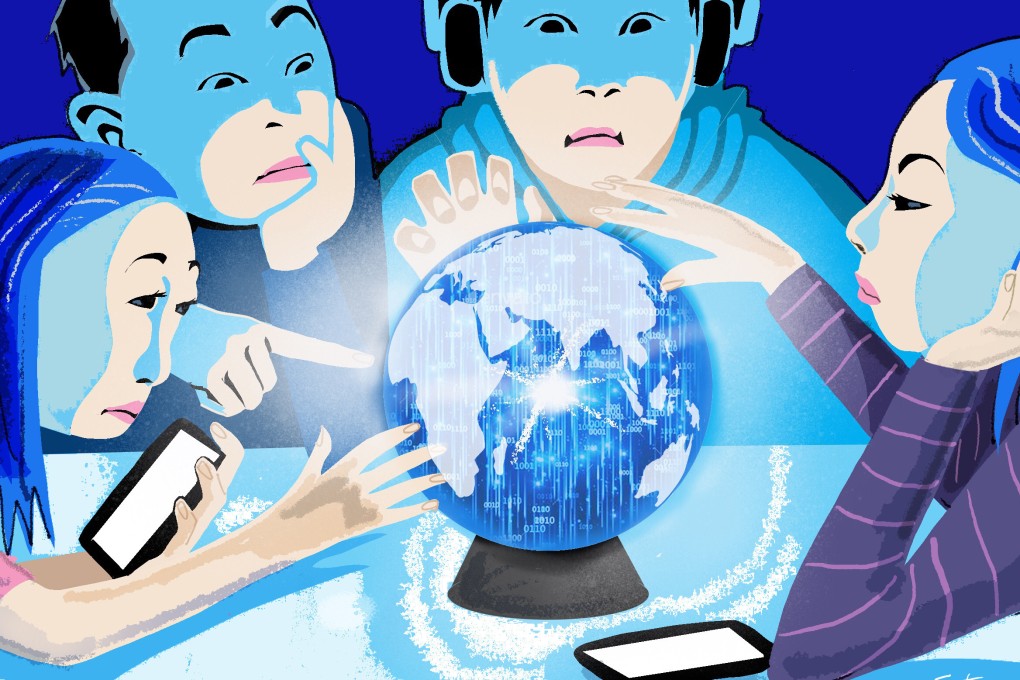Opinion | Young and liberal, China’s post-90s digital natives are a force for change
- Internationally exposed and more liberal than older generations, they are changing established social structures, creating new social spaces, and using social media to bargain with the party-state

China’s digital revolution has affected most profoundly the lives of its post-90s generation. These digital natives, like their counterparts elsewhere, were born when the commercial use of computers was becoming widespread and grew up alongside mobile phones and the internet.
As Chinese sociologist Li Chunling, author of the new book China’s Youth, points out, the internet has become “enmeshed within every aspect of young people’s lives”. In turn, this massive post-90s cohort of more than 175 million people has fundamentally changed China’s social structure, social space and social connections.
The distinct characteristics of China’s digital natives not only reflect these extraordinary changes but will also reshape the country’s trajectory. For the outside world, a better understanding of this group is an urgent task – China has more influence on the global economy and regional security than at any other point in modern history.
The post-90s generation’s prominent role in the digital domain has altered Chinese social relationships which, for thousands of years, were based on strict kinship hierarchy and shared geographical origins.

